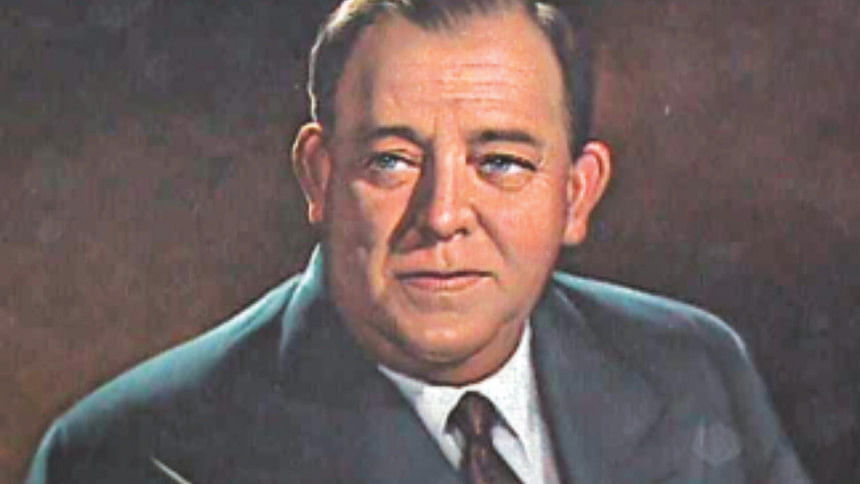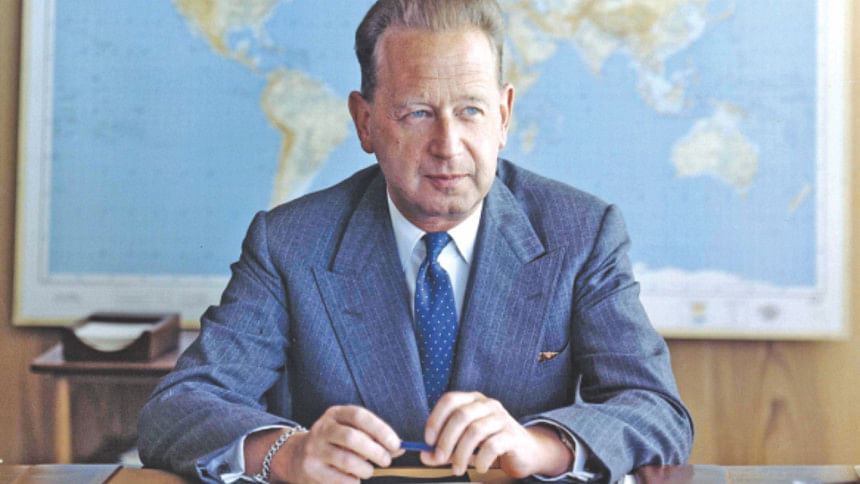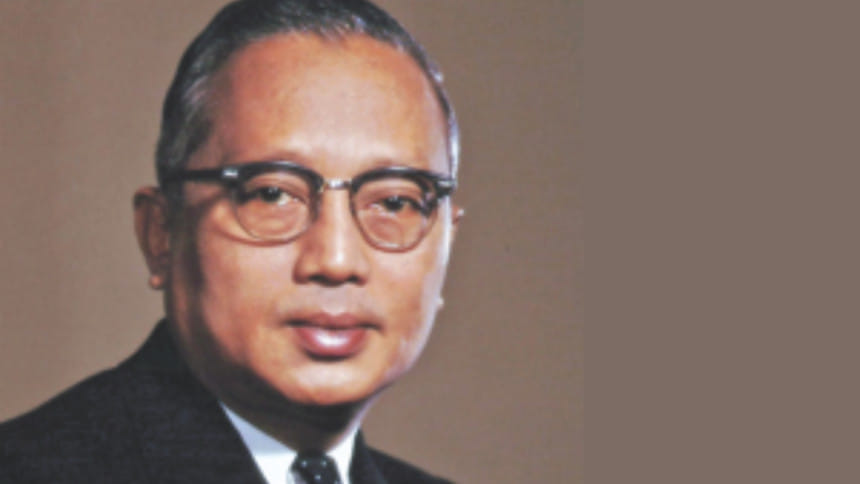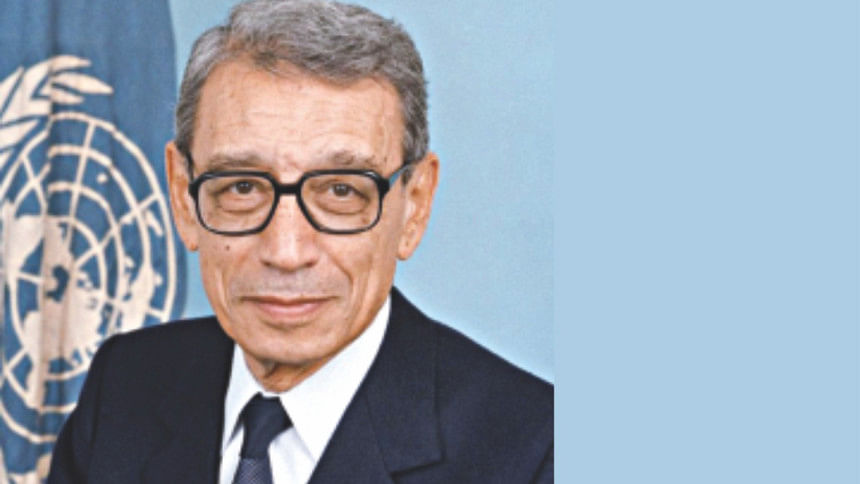Guterres' eight predecessors

Trygve Lie,Norway (1946-1952)
A former Norwegian foreign minister, the first UN secretary-general resigned in late 1952 owing to poor relations with the Soviet Union and the United States as war raged in Korea.

Dag Hammarskjold, Sweden (1953-1961)
Hammarskjold, a former Swedish foreign minister, headed the UN from 1953 until his death in a mysterious 1961 plane crash during a UN intervention in the Belgian Congo, now known as the Democratic Republic of Congo.

U Thant, Myanmar (1961-1971)
The first secretary-general to come from the developing world, the Burmese diplomat U Thant headed the world body during a turbulent period marked by conflicts and crises, notably in Berlin, Vietnam, Israel, India-Pakistan.

Kurt Waldheim, Austria (1972-1981)
The former Austrian foreign minister led the world body for almost a decade, and went on to be elected president of Austria in 1986 despite the revelation he had served as an officer in Hitler's army, a disclosure that uproar.

Javier Perez de Cuellar, Peru (1982-1991)
Perez de Cuellar led the UN through most of the tempestuous 1980s, receiving the Nobel Peace Prize in 1988 on behalf of UN peacekeeping forces. His mandates were marked by the Iran-Iraq war, the breakup of the Soviet Union and the first Gulf War.

Boutros Boutros-Ghali, Egypt (1992-1996)
Egypt's deputy foreign minister was the first secretary-general from Africa. He is the only UN chief to not serve two terms, owing to a veto by the United States.

Kofi Annan, Ghana (1997-2006)
A high-level international civil servant before becoming secretary-general in 1997, Annan and the broader UN shared the 2001 Nobel Peace Prize. Annan provoked Washington's wrath when he declared the war in Iraq "illegal."

Ban Ki-moon, South Korea (2007-2016)
Ban, a former South Korean foreign minister, took over as UN secretary-general in January 2007. His first five-year mandate was marked by the Arab Spring uprisings, and he won a second mandate in January 2012.

 For all latest news, follow The Daily Star's Google News channel.
For all latest news, follow The Daily Star's Google News channel. 



Comments